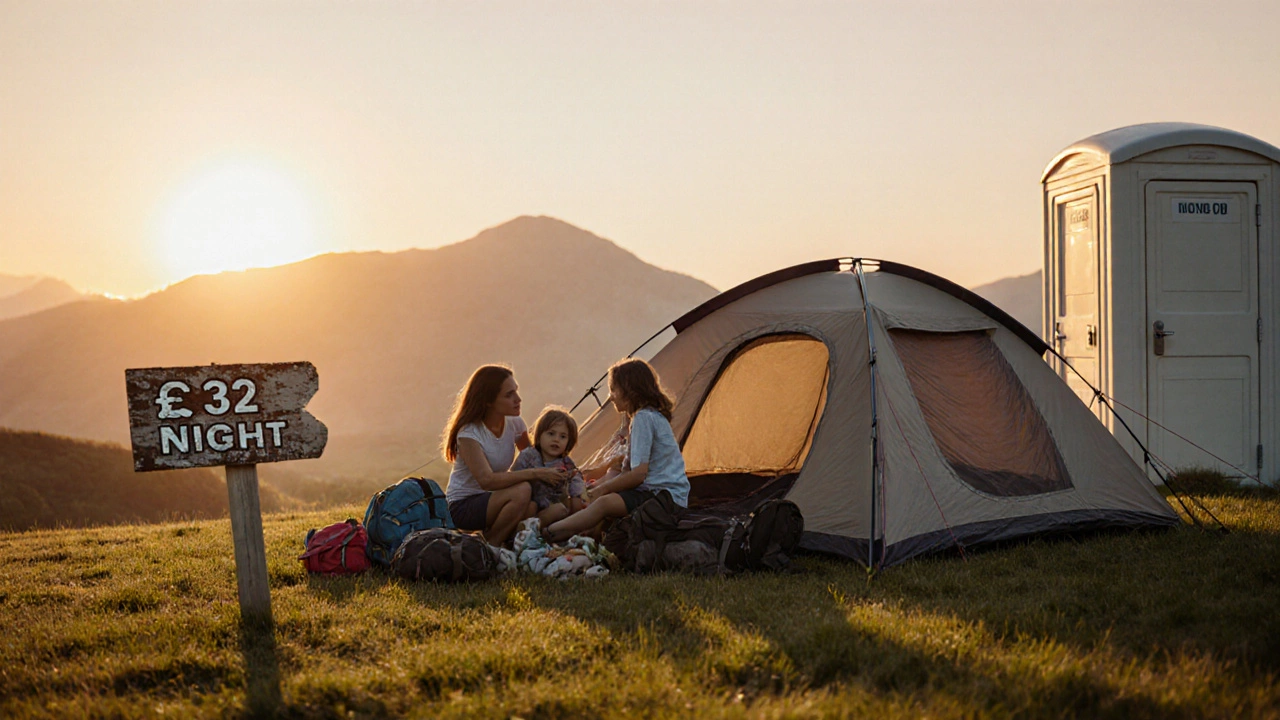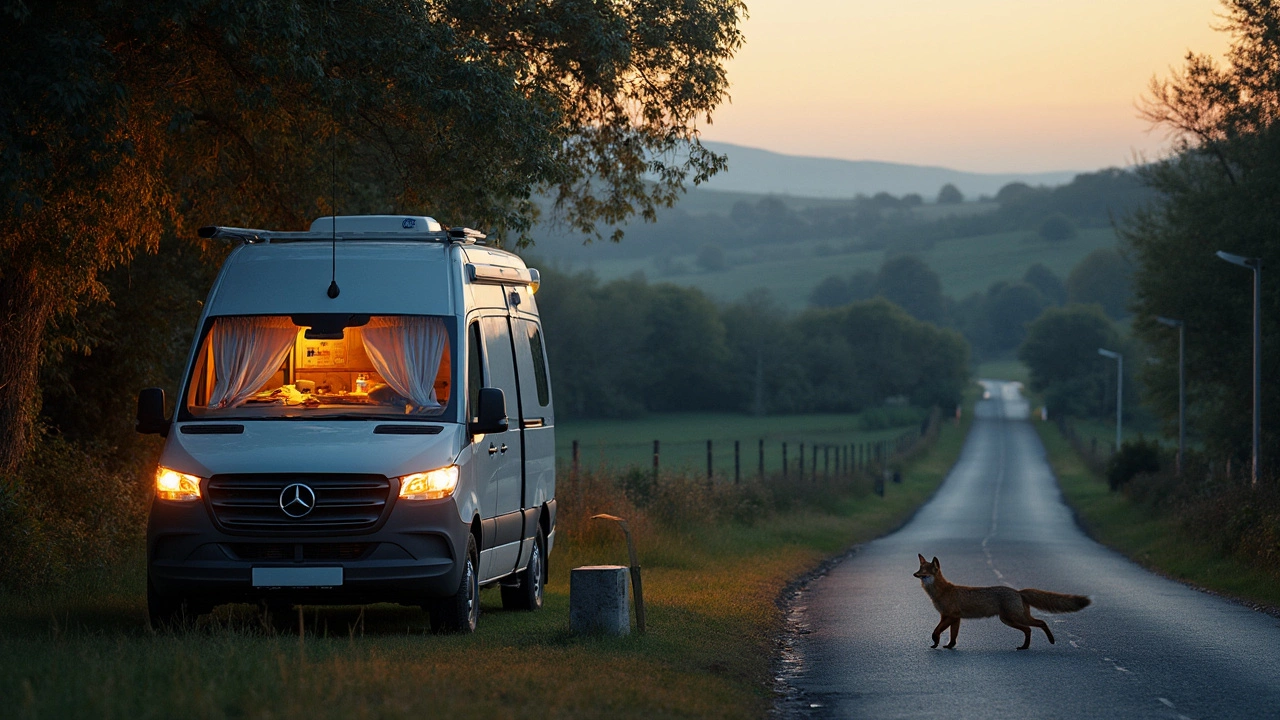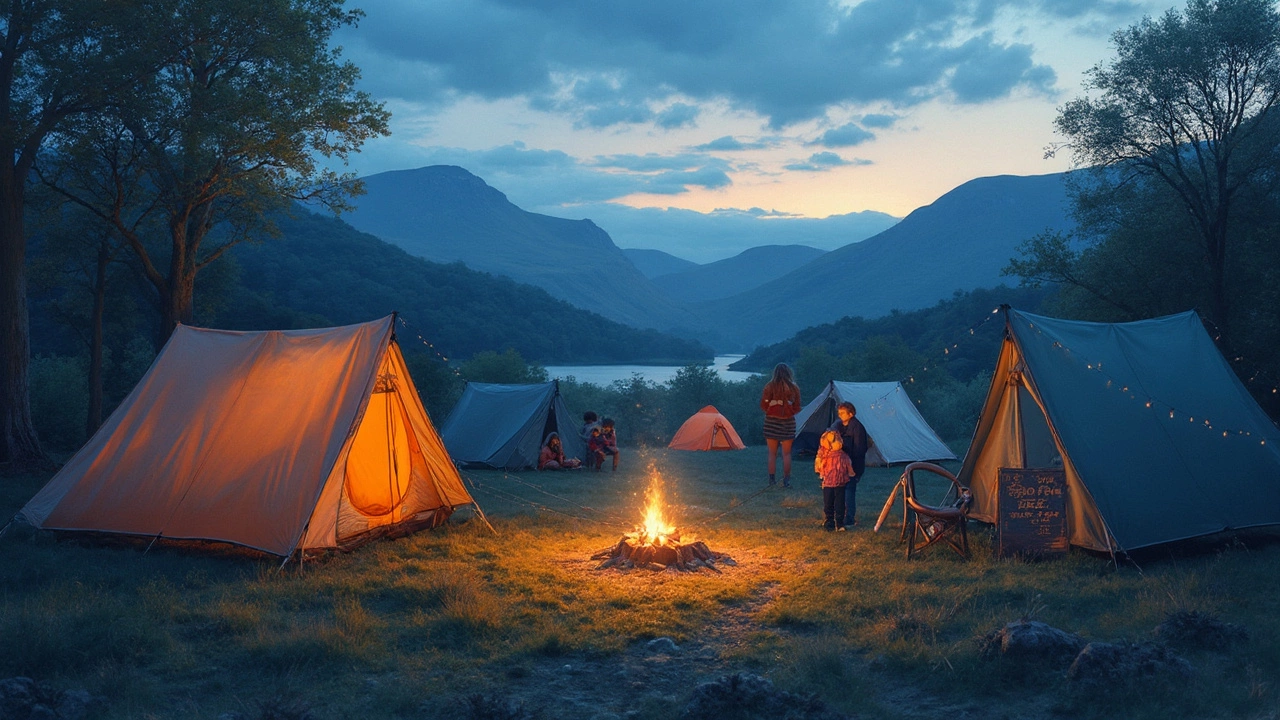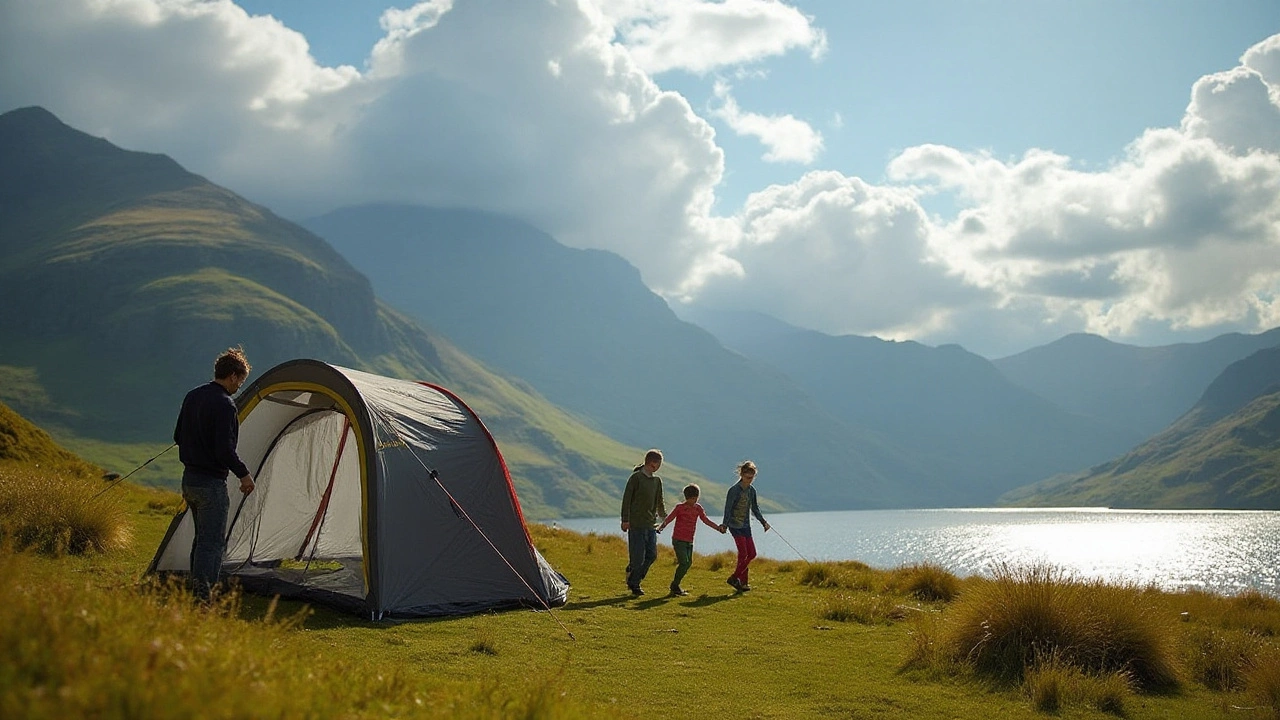Campsites UK: Your Practical Guide to Camping Across Britain
If you’re thinking about camping in the UK, you’re probably wondering where to pitch, how much it will cost and what the law says about staying overnight. This guide cuts through the noise and gives you straight‑forward answers so you can plan a hassle‑free trip.
Choosing the Right Site – What to Look For
First, decide what kind of experience you want. Do you crave a quiet spot by a lake, easy access to a trail, or full‑service amenities? Most UK campsites fall into three buckets: basic sites with just a plot and a toilet block, mid‑range sites that offer electric hookups and shower blocks, and luxury “glamping” spots that add beds, meals and even Wi‑Fi.
Check the campsite’s facilities before you book. If you’re travelling in a motorhome, look for sites with level parking, water points and waste‑disposal services. For tent‑only trips, a flat, dry spot and a nearby fire pit (if allowed) are the essentials.
Cost Comparison – Campsites vs Hotels
Most people assume campsites are automatically cheaper than hotels, but the reality depends on the season, location and services. A basic pitch in a rural park can be as low as £10‑£15 per night, while a premium glamping yurt on the coast may run £80‑£120. In contrast, a mid‑range hotel near popular attractions often starts at £70‑£100.
The hidden costs are worth noting: electricity, water, and waste fees can add £5‑£15 per night. If you bring your own gear, you’ll save on rental fees that some sites charge for tents or kayaks. The trick is to calculate total spend – a cheap pitch with high utility fees can sometimes cost more than a modest hotel.
Legal Basics – Where Can You Camp Legally?
Wild camping is generally illegal in England and Wales unless you have the landowner’s permission or you’re on designated areas such as parts of Dartmoor. Scotland is more forgiving thanks to the Scottish Outdoor Access Code, which lets you camp on most uncultivated land for up to 24 hours, provided you follow Leave No Trace principles.
If you’re unsure, stick to registered campsites. They are vetted, have proper waste disposal, and you won’t risk a fine. Public parks sometimes allow tent‑setting, but you’ll need to check local council rules – many require a permit or limit the number of nights.
Practical Tips for a Smooth Stay
Book ahead during peak months (July‑August) – the best sites fill up fast. Arrive early to snag a good spot, especially if you need level ground for a motorhome. Bring a portable charger for phones, extra water, and a compact first‑aid kit.
Respect the campsite’s quiet hours, usually after 10 pm, and keep fires in designated areas only. Cutting down on plastic waste and using biodegradable soaps makes a big difference, especially in more remote locations.
Finally, pack a simple meal plan. Many sites have communal BBQs or cooking blocks, but you’ll save money by preparing meals in advance. A quick pasta, some canned beans, and a fresh salad can keep you fueled without breaking the bank.
With the right site, a realistic budget, and a clear understanding of the law, camping in the UK can be a rewarding, affordable way to explore everything from the Scottish Highlands to the Cornish coast. Happy adventuring!
How Much Are Camping Fees in the UK? 2025 Prices Explained
Find out exactly how much camping costs in the UK in 2025, from basic tent pitches to luxury glamping. Learn where prices vary, hidden fees to watch for, and how to save money on your next trip.
Is It Illegal to Sleep in the Back of a Van in the UK? Straight Answers for Vanlifers
Thinking about catching some sleep in the back of your van in the UK? This article clears up whether it's allowed, where and when you can do it, and how to stay on the right side of the law. Get concrete advice on choosing legal spots, understanding grey areas, and avoiding common slip-ups. Learn insider tips that only regular van dwellers know. Make your UK vanlife safe and hassle-free.
UK Campsite Rules: What You Need to Know
Camping in the UK can be a delightful experience if you're aware of the rules. This article outlines essential guidelines for staying at campsites across the UK, from booking procedures to understanding campsite etiquette. Learn about noise restrictions, pet policies, and more to ensure a smooth and enjoyable camping trip. Whether you're a seasoned camper or a first-timer, these insights are crucial for your adventure.
The Essential Guide to Booking Campsites in the UK
Booking a campsite in the UK can be an enriching experience, but it often requires a bit of planning. Whether you're exploring the enchanting Lake District or enjoying the serene beaches of Cornwall, securing a spot in advance holds countless benefits. Not only does it guarantee peace of mind about availability, but it also allows you to choose the best locations and dates for your adventure. This guide delves into the essentials of booking campsites, ensuring a memorable camping experience across the UK's diverse landscapes.



